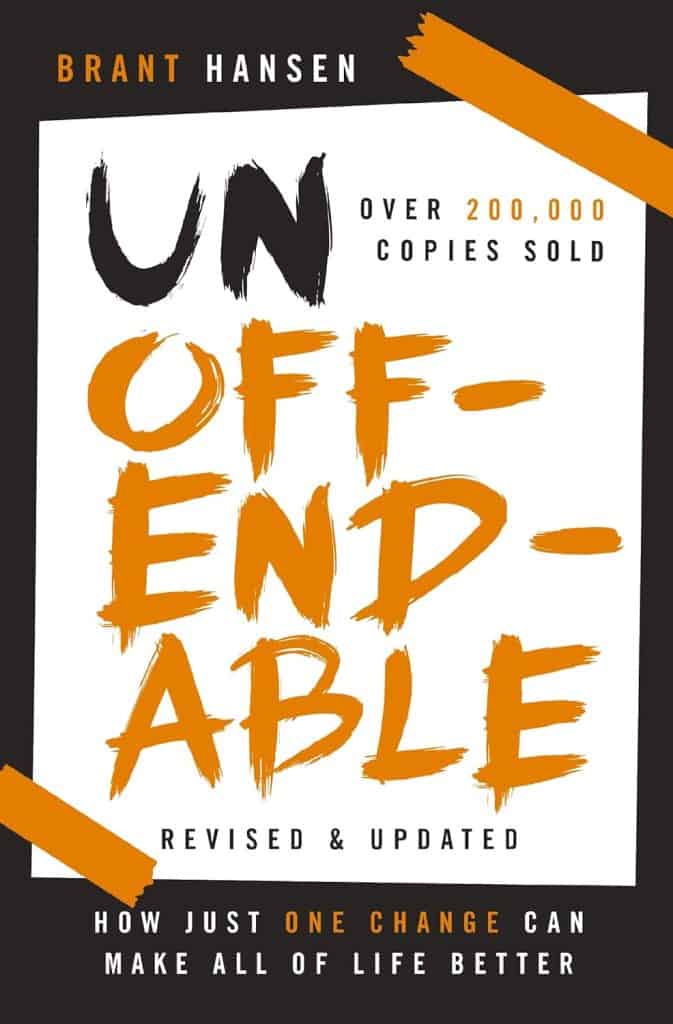A recent study shows a troubling link between frequent pornography consumption and mental health issues among young Americans. According to a survey conducted by the Institute for Family Studies and YouGov, young adults who watch porn regularly report higher rates of loneliness and depression compared to their peers.
The study, which surveyed 2,000 adults under the age of 40, reveals that 11% of respondents view porn at least once a day. The survey found that men, non-heterosexual individuals, and those with lower incomes or without college degrees are more likely to consume pornography frequently.
Mental health impacts were stark. Among daily porn users, 32% reported feeling “down and depressed,” while 36% described themselves as “lonely.” In contrast, those who watched porn occasionally reported lower rates of these issues, with 20% feeling depressed and 26% experiencing loneliness. Individuals who rarely or never view porn had the lowest rates of depression (19%) and loneliness (20%).
The Institute for Family Studies, dedicated to strengthening family life and child welfare, called on health professionals and policymakers to address these mental health risks. The study highlights concerns over the addictive nature of online pornography and its potential to harm both individual well-being and societal relationships.
As concerns mount, states such as Texas, Louisiana, and Utah have enacted age-verification laws to curb minors’ access to explicit content, a move supported by the National Decency Coalition.










![[Book Review] What Happens One Minute After You Die?](https://christpulse.com/wp-content/uploads/2025/01/81sNS-qeKPL._SL1500_-662x1024.jpg)
![Humility: The Journey Toward Holiness [Book Review]](https://christpulse.com/wp-content/uploads/2024/11/519yzs2wSrL._SL1360_-731x1024.jpg)








Leave a Comment